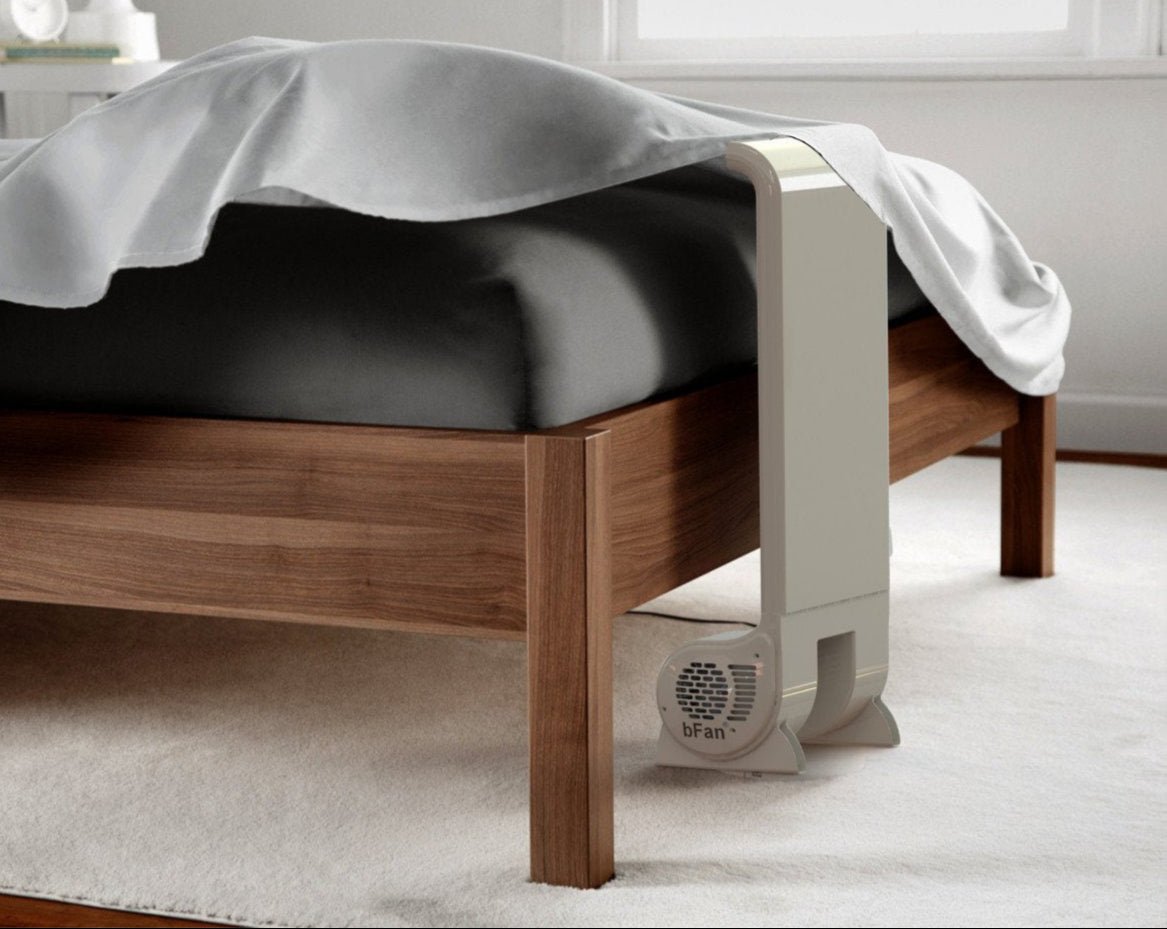Night Sweats Before Period
Night sweats are bouts of heavy sweating that occur during sleep. Night sweats are unlike other kinds of sweating because of their intensity. Night sweats often leave the bed and pajamas thoroughly soaked. This sweating also does not come from any outside influences, such as hot weather, heavy bedding, or a hot room. Night sweats can stem from a variety of different causes. The most common cause of night sweats is menopause because the hormonal changes that occur also affect the body's ability to regulate temperature properly. Night sweats can also come from various illnesses and diseases, such as food poisoning, cancer, or cancer treatment. One of the lesser-known causes of night sweats is PMS (premenstrual syndrome).
PMS is made up of a variety of different symptoms which affect menstruating women. While some changes are regular with menstruation, PMS symptoms are often more intense and varied. However, that doesn't mean that PMS is uncommon; in fact, it is believed that as many as three in every four women deal with PMS. There are many emotional symptoms of PMS, such as the following:
- Anxiety
- Crying
- Mood swings
- Withdrawal
- Food cravings or changes in appetite
- Insomnia
- A depressed mood
Many physical symptoms can occur along with the emotional ones. Examples of physical symptoms are as follows:
- Muscle pain
- Fatigue
- Breast tenderness
- Acne
- Changes in bowel movements (such as diarrhea or constipation)
- Weight gain/water weight
A natural part of menstruation is hormone changes, especially regarding progesterone and estrogen. During menstruation, and especially due to PMS, progesterone levels will rise while estrogen levels fall. The difference in these two hormone levels affects the part of the brain that regulates temperature. This effect on that part of the brain, which is called the hypothalamus, can lead to night sweats and even hot flashes. This is because the body is extra sensitive to temperature changes and tells the body to sweat, even when it's not needed.
Many people who experience night sweats before or during menstruation wonder if they could possibly be entering menopause. For women experiencing these symptoms in their late thirties or forties, there is definitely a chance that the night sweats could be a sign of perimenopause. Perimenopause is the time frame before menopause officially begins and night sweats are one of the first signs of perimenopause. Other symptoms of perimenopause include the following:
- Irregular periods
- Mood changes
- Changes in sexual function
- Sleep problems
Although night sweats can be annoying and cause many problems with sleep, there are several simple ways to help alleviate them. Keeping your bedroom at a cold temperature can significantly help counteract the overheating that both trigger night sweats and worsen them. This can become pricy during hotter months, which is why the BedFan is an excellent option for those who are trying to stay cool while still keeping costs down. It's also essential to wear light, cool pajamas so as to not overheat from too much clothing. You should also opt for a light comforter or quilt instead of a heavier comforter which may cause overheating.
Share

